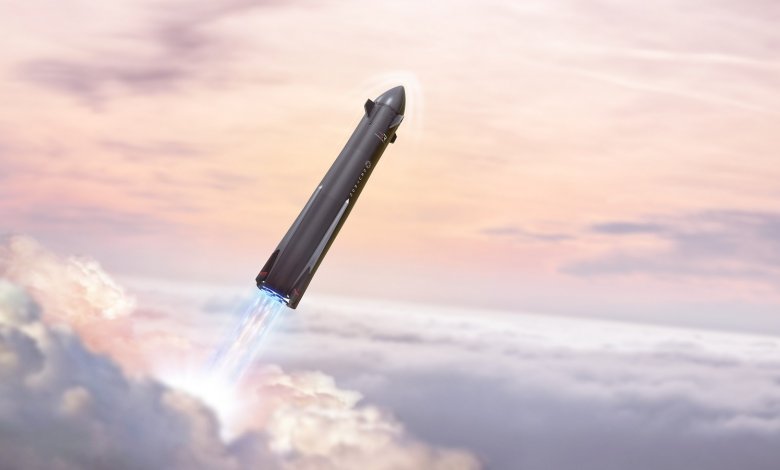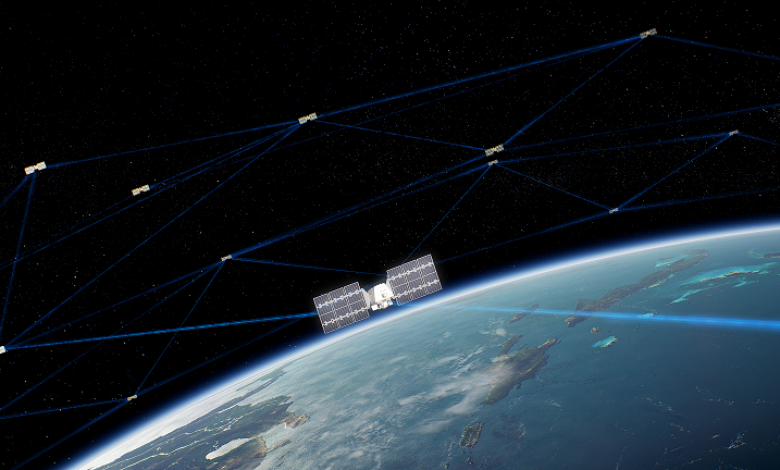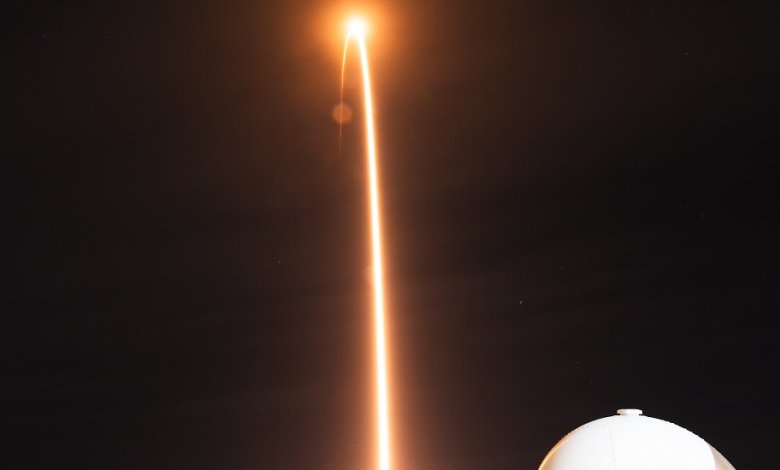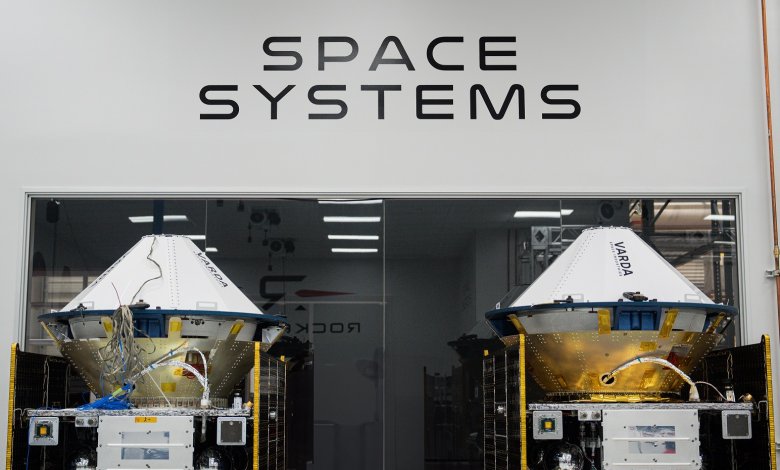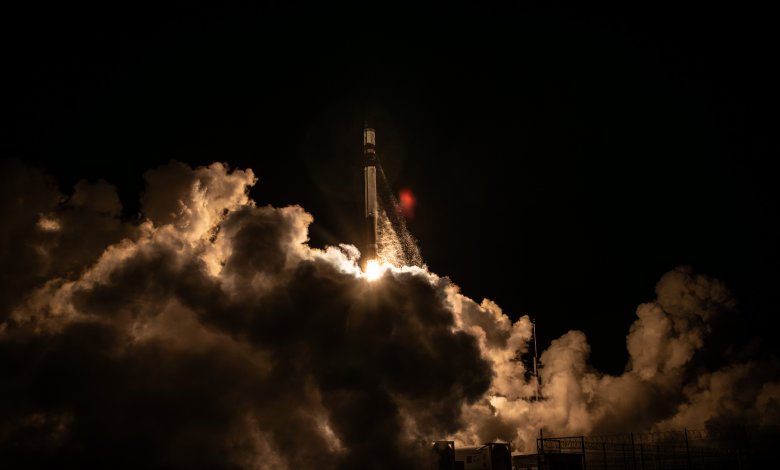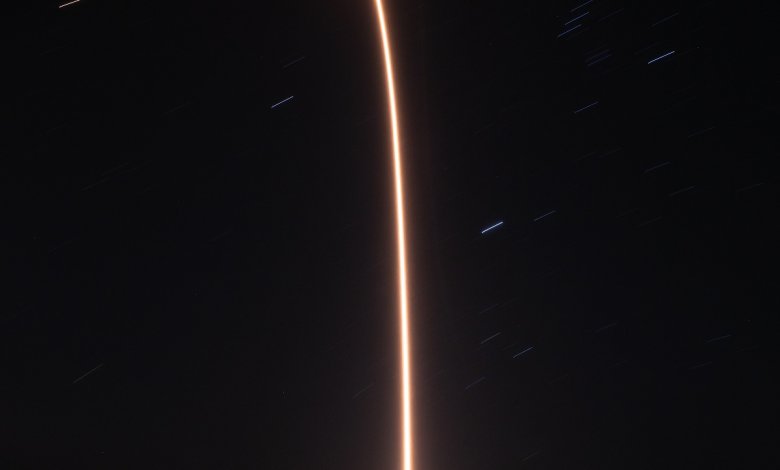Rocket Lab to launch three R&D satellites for the U.S. Air Force

Rocket Lab to launch three R&D satellites for the U.S. Air Force
The mission has been procured by the Space Test Program in partnership with Defense Innovation Unit (DIU) as part of its Rapid Agile Launch Initiative.
Huntington Beach, California. Thursday 4 April, 2019 – Small satellite launch company Rocket Lab announced today that it will launch experimental research and development (R&D) satellites for the U.S. Air Force in April. The mission will lift-off from Launch Complex 1 in New Zealand, carrying three R&D spacecraft to Low-Earth Orbit aboard an Electron launch vehicle. The launch will be Rocket Lab’s second orbital mission of 2019, and fifth orbital mission overall.
The US Space Test Program procured the mission in partnership with Defense Innovation Unit (DIU) as part of the Rapid Agile Launch Initiative. This initiative leveraged DIU’s knowledge of commercial technology companies, enabling the government to competitively and rapidly award launch service contracts with non-traditional, venture-class launch providers.
“We are incredibly proud that Rocket Lab has been selected by the Space Test Program to launch advanced space technologies that accelerate operational space capabilities,” says Rocket Lab’s Senior Vice President of Launch Services, Lars Hoffman. “Rocket Lab’s streamlined acquisition processes, coupled with our proven reliably and performance, made Electron the perfect launch vehicle for this mission. We look forward to working with our mission partners to continue offering world-leading access to space.”
The satellites onboard the mission will represent Rocket Lab’s heaviest launch to date, with the total payload weighing in at more than 180 kg. The three experiments onboard will demonstrate advanced space technologies and accelerate the fielding of future operational space capabilities. The Space Plug and Play Architecture Research CubeSat-1 (SPARC-1) mission, sponsored by the Air Force Research Laboratory Space Vehicles Directorate (AFRL/RV), is a joint Swedish-United States experiment to explore technology developments in avionics miniaturization, software defined radio systems, and space situational awareness (SSA). The Falcon Orbital Debris Experiment (Falcon ODE), sponsored by the United States Air Force Academy, will evaluate ground-based tracking of space objects. Harbinger, a commercial small satellite built by York Space Systems, will demonstrate the ability of an experimental commercial system to meet US Government space capability requirements.
With proven flight heritage from multiple orbital missions, Rocket Lab is the only fully commercial small satellite launch service provider in operation. The experienced Rocket Lab team has delivered 25 satellites to orbit to date, and the company is producing an Electron rocket every 30 days to meet a continued monthly launch cadence in 2019, scaling to launches every two weeks next year.
Each individual Electron rocket is given a unique name that reflects the mission. The Electron for this flight is called "That's a Funny Looking Cactus" to reflect Space Test Program's base in Albuquerque, New Mexico.
ENDS



